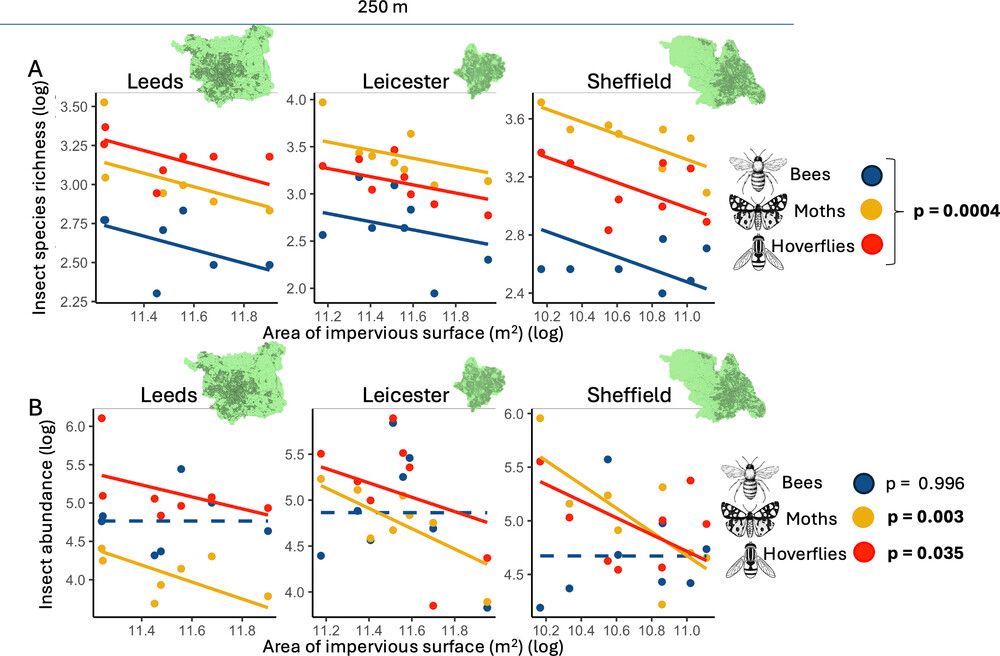Emilie Ellis
@e-ellis1.bsky.social
76 followers
47 following
6 posts
Community ecologist (especially interested in Lepidoptera). Postdoc at the University of Helsinki.
Posts
Media
Videos
Starter Packs
Reposted by Emilie Ellis
Juha Pöyry
@poyryjuha.bsky.social
· Aug 12
Emilie Ellis
@e-ellis1.bsky.social
· Aug 12

Recent community warming of moths in Finland is driven by extinction in the north and colonisation in the south - Nature Communications
As Finland’s climate warms, cold-adapted moths are disappearing in the north while warm-loving species move in from the south. This shift in insect communities highlights the threat climate change pos...
doi.org
Emilie Ellis
@e-ellis1.bsky.social
· Aug 12

Recent community warming of moths in Finland is driven by extinction in the north and colonisation in the south - Nature Communications
As Finland’s climate warms, cold-adapted moths are disappearing in the north while warm-loving species move in from the south. This shift in insect communities highlights the threat climate change pos...
doi.org
Reposted by Emilie Ellis
Emilie Ellis
@e-ellis1.bsky.social
· Aug 6
The Guardian
@theguardian.com
· Aug 6

Gardeners urged to collaborate to help moths and hover flies thrive in cities
Researchers found moths and hover flies are more negatively affected by urbanisation than bees
Gardeners have been urged to work with their neighbours to support moths and hover flies after research found them to be particularly sensitive to urban landscapes.
While bees get most of the attention when it comes to supporting pollinators in our cities, researchers found that their less glamorous – but no less important – counterparts from other orders are even more acutely affected by urbanisation. Continue reading...
www.theguardian.com
Emilie Ellis
@e-ellis1.bsky.social
· Aug 6

Drivers of nocturnal and diurnal pollinating insect declines in urban landscapes | Proceedings of the Royal Society B: Biological Sciences
Insect pollinators are essential for terrestrial ecosystems, delivering key ecosystem
functions in the face of anthropogenic disturbance. Urbanization may be a key threat
to pollinator communities. Ho...
doi.org
Emilie Ellis
@e-ellis1.bsky.social
· Apr 22



